What are the best supplements for anxiety?
We unpack the potential benefits and risks of taking supplements for anxiety
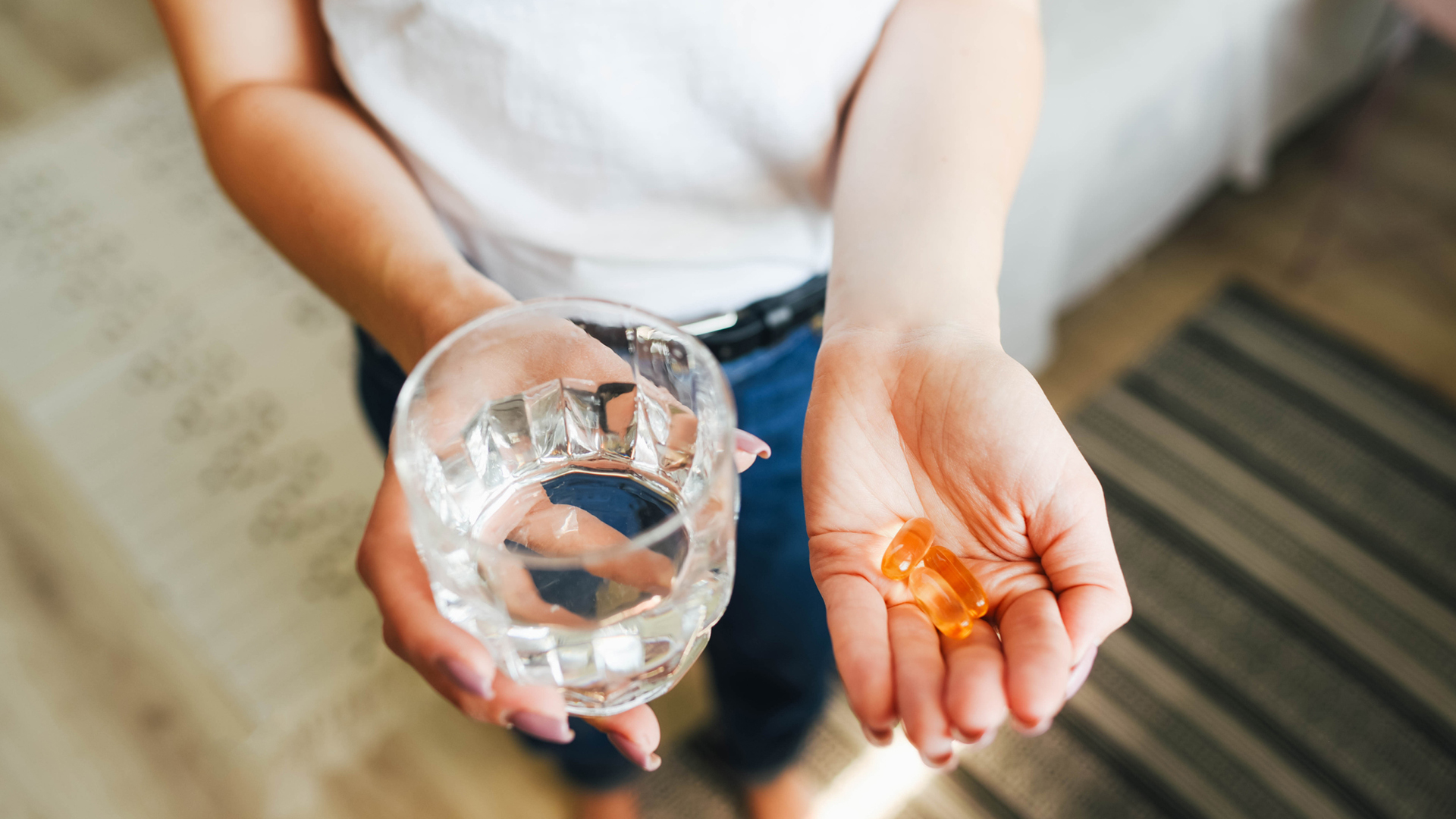
Supplements for anxiety are becoming increasingly popular, with research suggesting that they may help to reduce some of the symptoms experienced by people with anxiety disorders.
Anxiety is a complex condition that often comes hand in hand with other mental health conditions, such as depression or PTSD. Often prescribed medications are needed for effective treatment, combined with regular therapy to help manage symptoms and unpack their cause. However, along with the best magnesium supplement, there are some dietary supplements that you can take periodically to help support good health, restful sleep and stress management.
It is worth noting, however, that you should avoid taking supplements without medical supervision, particularly if you are already on medication, as they may interact, causing adverse reactions.
We spoke to some mental health professionals to get their take on which supplements might help with symptoms of anxiety and if there are any you should avoid.
Can supplements help anxiety?
If you have mild or situational anxiety, you may find that supplements can be a useful tool in the management of your symptoms. Supplements to support good mental health, sleep or common deficiencies that have mental health impacts can be helpful, but it is always worth talking to a medical professional before adding them to your diet.
Roxana Ehsani, a registered dietitian nutritionist and a national media spokesperson for the Academy of Nutrition and Dietetics, explains that supplements can’t cure anxiety but may help with some symptoms. “Certain supplements may help manage anxiety symptoms, but they should be approved by your doctor first,” she says. “Also know that taking supplements for anxiety isn’t getting to the root cause of your anxiety, so it won’t necessarily help fix it or cure it for long-term, maybe just temporarily.”

Roxana Ehsani is a Board-Certified Specialist in Sports Dietetics and a National Media Spokesperson for the Academy of Nutrition and Dietetics. She holds a Bachelors of Science in Human Nutrition, Foods and Exercise from Virginia Tech and a Masters of Science in Clinical Nutrition and Dietetics from the University of Pittsburgh and completed her dietetic internship at the University of Pittsburgh Medical Center.
For those on strong medication such as antipsychotics or benzodiazepines, supplementing may cause unwanted side effects, so you should always be particularly careful of combining supplements with prescribed medication and without the supervision of a doctor.
Dr Deborah Lee, a medical doctor and writer for Dr Fox Online Pharmacy, explains that taking supplements for anxiety can be risky because they aren’t regulated in the same way as medications. “Many people suffering from anxiety symptoms will take supplements they purchase themselves online or from a pharmacy. It’s difficult to give good advice about anxiety supplements because natural products, which include vitamin and mineral supplements, are not regulated in the same way as other drugs and medicines,” she says.

Having worked for many years in the NHS in the U.K, initially as a GP, and then as Lead Clinician for an integrated Community Sexual Health Service, Dr Deborah Lee now works as a health and medical writer, with an emphasis on women’s health. She is a menopause specialist.
“There is often little well-conducted research to support their use. Most studies, if they do exist, are small, short-term studies, and frequently done on animals. Often, these are not randomized controlled trials with a placebo group.”
A double-blind study in Current Developments in Nutrition indicated that a general multivitamin and mineral supplement may have a beneficial impact on young adults’ experiences of anxiety symptoms. However, the study needs to be replicated on a larger scale. Eliminating any potential vitamin or mineral deficiencies ensures that the body is functioning at its best, so anyone experiencing anxiety symptoms should speak to their doctor about blood tests to eliminate deficiency as a cause.
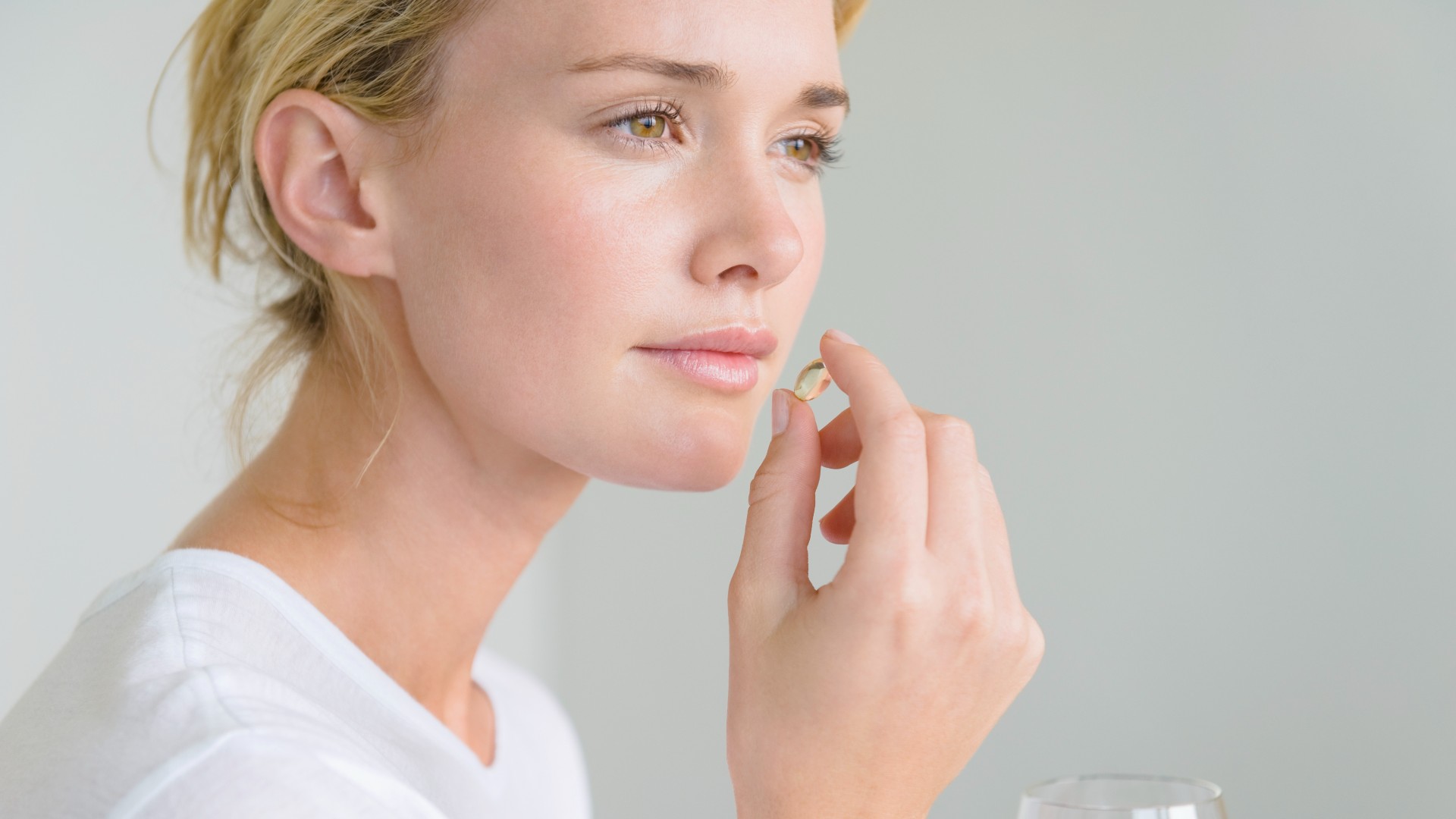
Magnesium
Chronic magnesium deficiency can negatively impact mental health and our ability to handle stress. A review in the Nutrients journal found that chronic stress and anxiety depletes the body’s stores of magnesium and that magnesium deficiency can cause a maladaptive stress response. Another review in Nutrients concluded that magnesium supplementation can help with the treatment of mild anxiety.
If you think you may have a magnesium deficiency, speak to your doctor before adding a supplement into your diet, as your symptoms may also be indicative of something else.
Ehsani also notes that magnesium supplementation has been shown to help with anxiety. “Magnesium supplementation is one I think of first, as it’s an essential mineral that helps your body relax,” she says. “Some people might not be consuming enough through food, and it can be lost in small amounts through sweat as well. There have been a few trials with magnesium supplementation on people who suffer from anxiety and depression, and found that it did improve supplements in those taking it, versus the control group.”
Valerian
Often seen as nature’s sleep medication, a meta analysis in the Journal of Evidence-based Integrative medicine indicated that valerian can be a useful supplement in the management of anxiety and improving sleep. However, due to the unstable nature of the supplement and the variety of dosages available off the shelves, it is unclear how effective it actually is.
Additionally, valerian might increase the potency of other sleep medications, including benzodiazepines, and might interact with other supplements, like St John’s Wort, according to the Mayo Clinic.
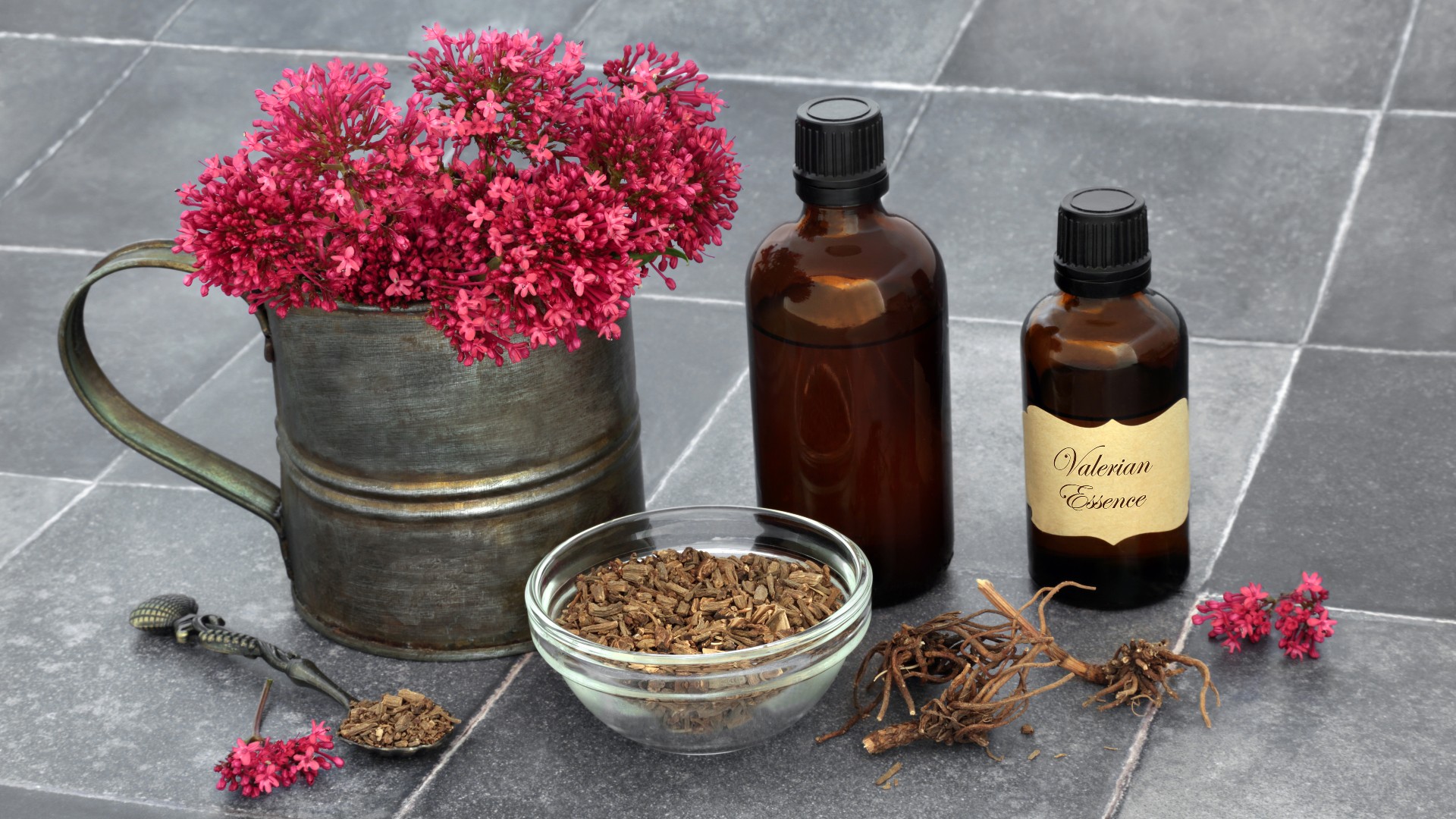
Kava
A review in the Journal of Alternative and Complementary Medicine looked at twelve articles assessing the efficacy of kava as a treatment for Generalized Anxiety Disorder (GAD). In one trial there was no significant difference found between subjects taking a kava supplement and those taking a placebo, and the review concluded that current evidence is insufficient to support kava as a supplementary treatment for anxiety.
Fish oil
Fish oil supplements can help to address fatty-acid deficiency in some patients, which can cause symptoms of poor mental health due to the function fatty acids play in brain chemistry, as seen in a review in the journal of Frontiers in Aging Neuroscience. Additionally, the JAMA network open medical journal conducted a meta analysis that found a high dosage of omega-3 (found in fish oil supplements) might help to reduce symptoms of clinical anxiety.
St John’s Wort
St John’s Wort is a fairly well known home remedy for low mood and anxiety, but it can actually be fairly risky to take, particularly if you are on birth control or antidepressant medications as it can interact with and interrupt these drugs.
Although a review in Systematic Reviews found that St John’s Wort can be useful in the treatment of mild to moderate depression (showing positive results against a placebo), another review in the Journal of Psychopharmacology found that there are a lot of interactions between St John’s Wort and therapeutic drugs. With this in mind, always consult your doctor before adding St John’s Wort into your routine.
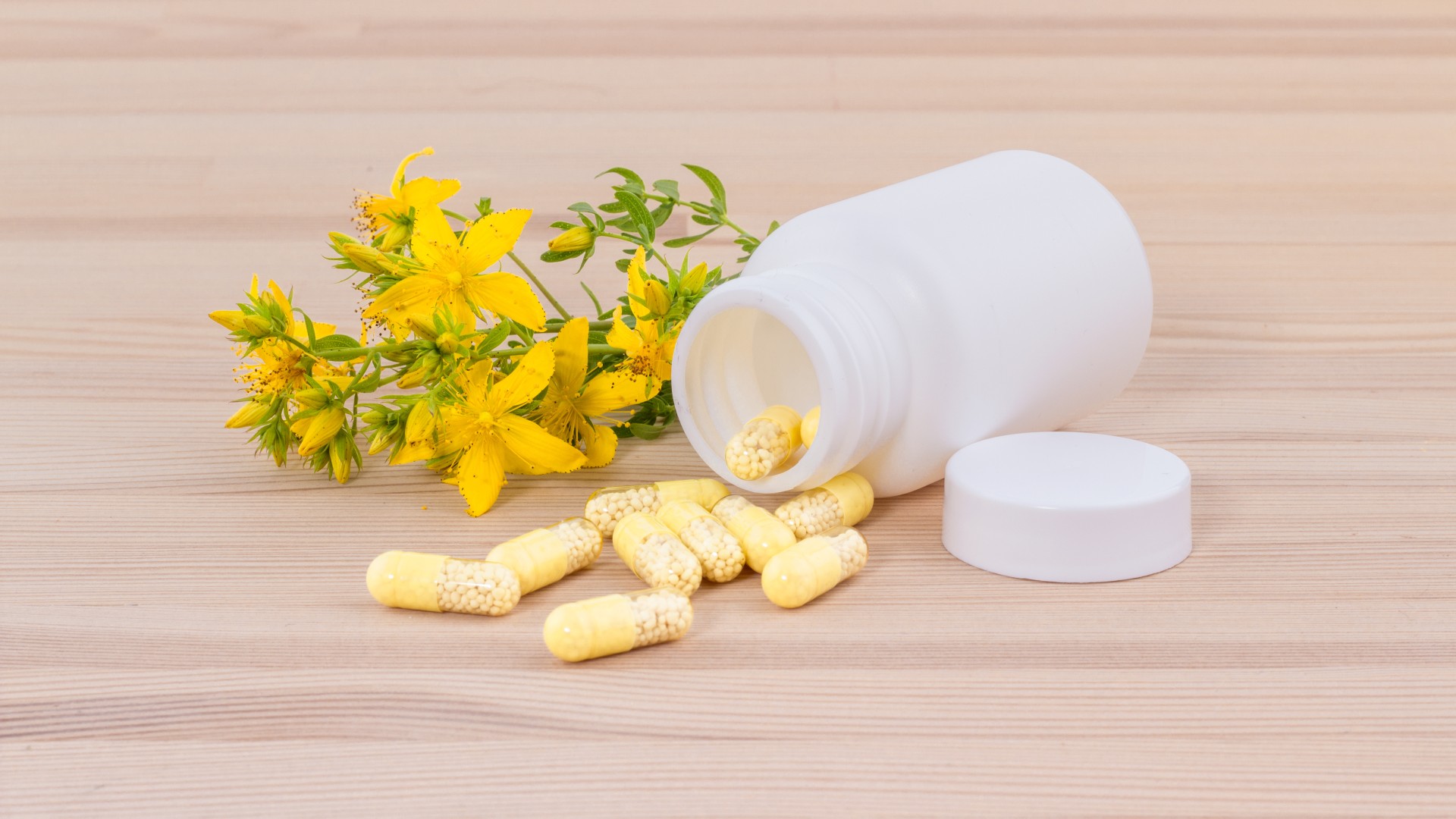
Vitamin D
Those in colder climates are often recommended to supplement with vitamin D from October to April due to low levels of sunlight causing deficiencies in many populations. A review in the Journal of Affective Disorders indicates that there is a positive association between vitamin D deficiency and mood disorders and that in those with vitamin D deficiency, supplementation positively affects mood. As vitamin D is one of the vitamins that boost the immune system it can be useful to supplement to support your overall health, particularly in winter months.
Ehsani adds that vitamin D deficiency is common in the USA. “Vitamin D deficiencies may also cause anxiety, so correcting that nutritional deficiency may help to calm down your anxiety as well,” she says. “It’s said that 42% of Americans are low in vitamin D.”
B vitamins
B-vitamin deficiency can cause a number of distressing symptoms, as B12 in particular is needed for proper brain function. You may feel lethargic, irritable and confused when you are low on B12 and other B-vitamins.
A meta analysis in the Nutrients journal found that supplementing with a vitamin B complex can be particularly useful for those with low-mood disorders and those who have poor nutritional status. While you can take too much vitamin B, it’s hard to overdose as it is water soluble and your body is good at flushing away excess. As such, this is a fairly safe supplement to take for anxiety and other mood disorders, although having a blood test and seeking medical supervision is still recommended if you believe you might have a vitamin B deficiency.
Chamomile
Chamomile is one of the main ingredients in sleepy-time tea, and a fairly harmless supplement for most people. Medical advice indicates that it can interact with some medications, particularly blood thinners, when taken in large amounts, but a cup of tea a day is unlikely to cause any side effects.
An article in the Phytomedicine journal found that over eight weeks of chamomile supplementation, the results were comparable to those observed during conventional anxiolytic drug therapy. Larger scale studies need to be undertaken to verify this, but a cup of chamomile tea might be a useful addition to your bedtime routine if you struggle with anxiety.
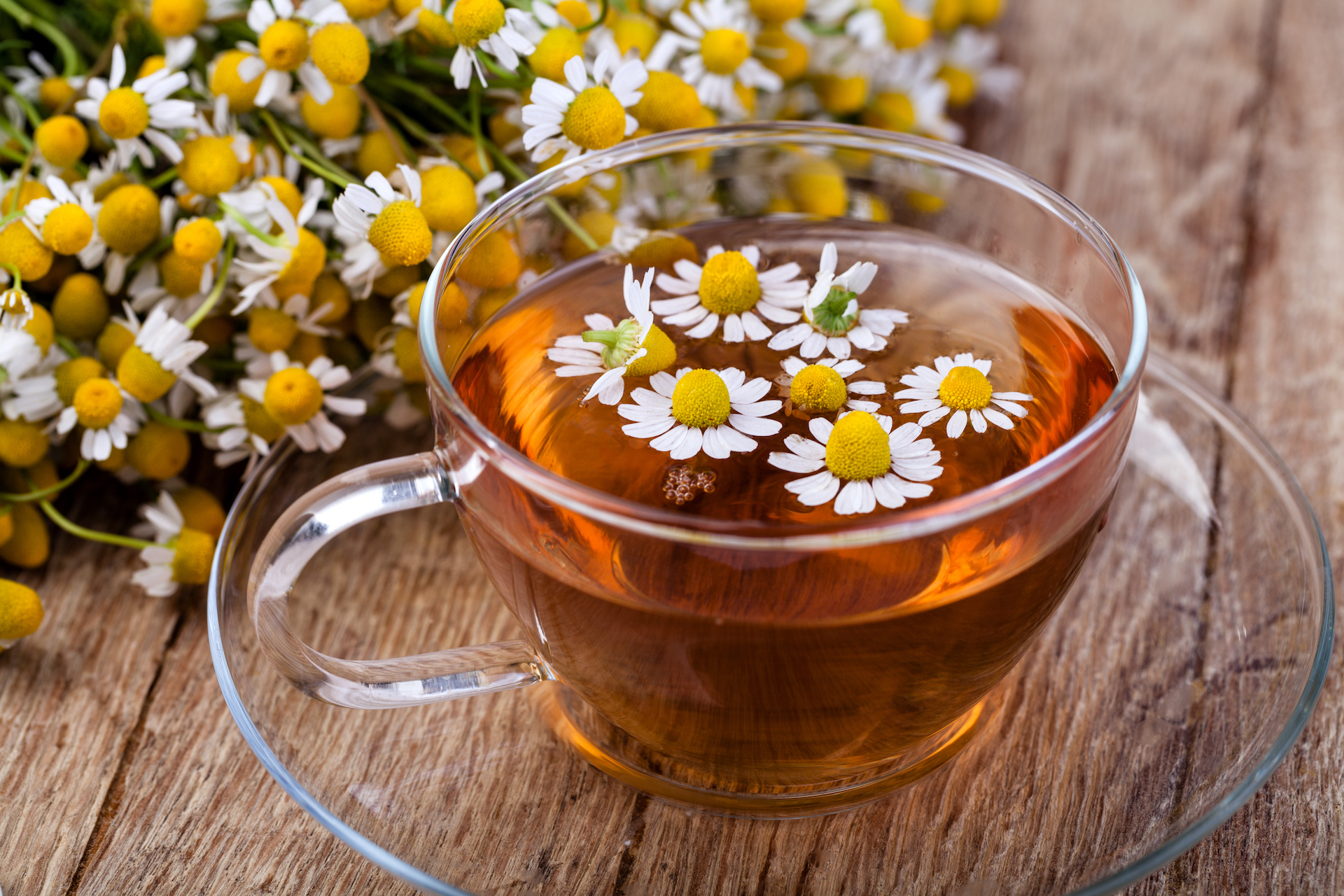
Lavender
Aromatherapy can be a helpful home treatment for anxiety, with little side effects. A few drops of lavender oil in your bath or a diffuser can help you to feel calmer. Although it will not cure your anxiety, it can be a useful part of your routine, particularly to help you to relax before sleep.
A study in the Laryngoscope of investigative Otolaryngology found that aromatherapy with lavender helped to reduce preoperative anxiety in those who had come in for day surgery. Although the journal states that more large-scale studies need to be undertaken, the overall positive results were promising.
Lavender allergy is rare, but it is always worth testing any new substances you might want to use for aromatherapy before putting them in your bath water.
Supplements for anxiety: Are there any risks?
It is vitally important that you speak to your doctor before adding any supplements into your diet, particularly if you are on any medications, as some supplements can interact with prescription medications and birth control.
Ehsani recommends working with your doctor when choosing a supplement for anxiety. “There can always be risks when taking any type of supplement, so it's always best to check with your medical provider first before taking anything,” she says. “Certain supplements may interact with current medications you are taking or may interact or interfere with a current health condition you have, and certain supplements may not be tested for quality or safety, so always make sure one you choose to take is approved by your doctor.”
This article is for informational purposes only and is not meant to offer medical advice.
Sign up for the Live Science daily newsletter now
Get the world’s most fascinating discoveries delivered straight to your inbox.

Lou Mudge is a health writer based in Bath, United Kingdom for Future PLC. She holds an undergraduate degree in creative writing from Bath Spa University, and her work has appeared in Live Science, Tom's Guide, Fit & Well, Coach, T3, and Tech Radar, among others. She regularly writes about health and fitness-related topics such as air quality, gut health, diet and nutrition and the impacts these things have on our lives.
She has worked for the University of Bath on a chemistry research project and produced a short book in collaboration with the department of education at Bath Spa University.










